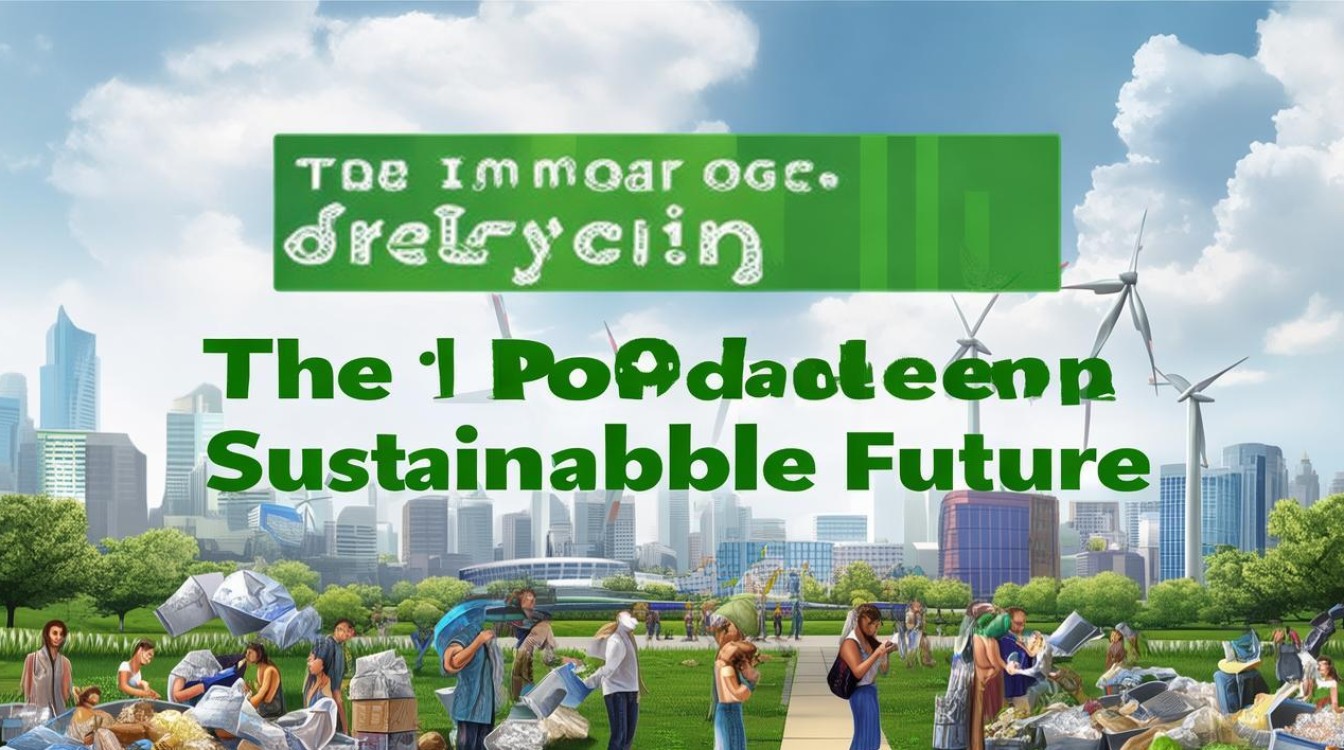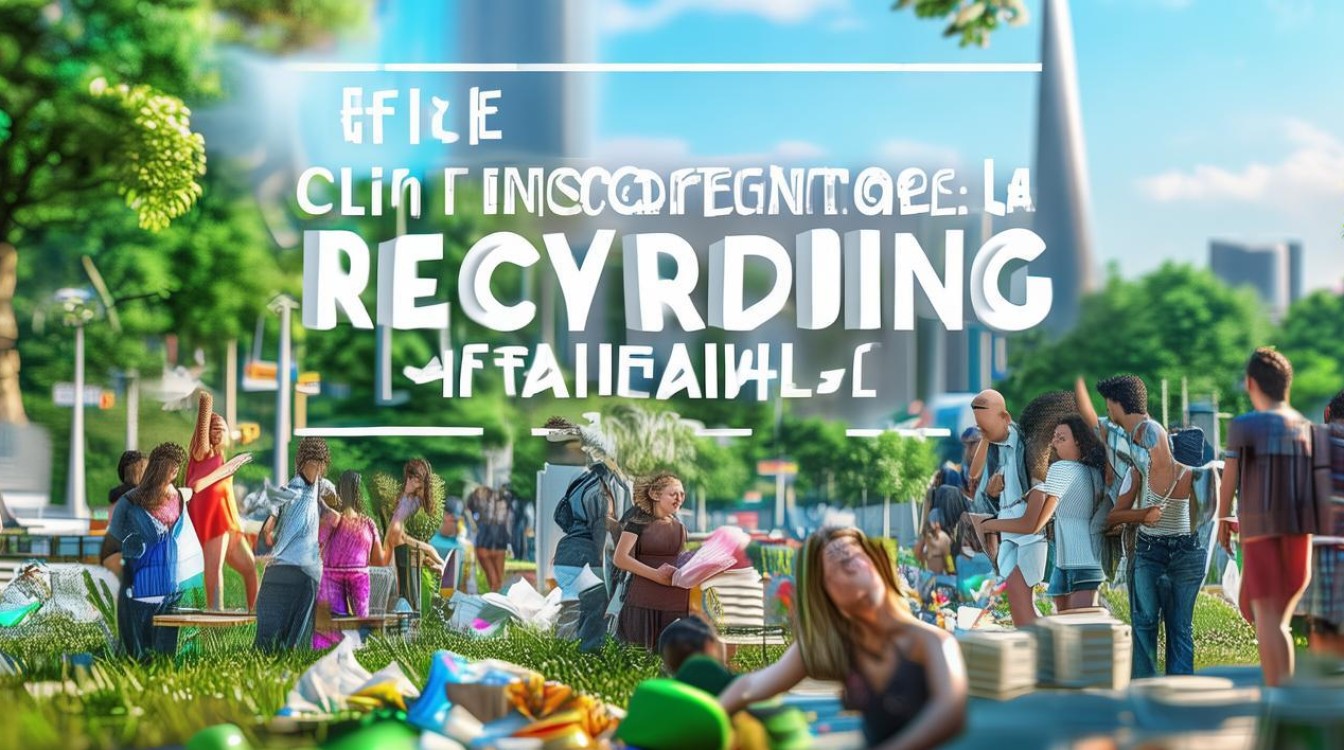In today’s world, environmental issues are more pressing than ever. One of the most effective ways to combat pollution and resource depletion is through recycling. This practice not only conserves natural resources but also reduces waste, energy consumption, and greenhouse gas emissions. Understanding the significance of recycling can inspire individuals and communities to adopt more sustainable habits.

Why Recycling Matters
Recycling transforms used materials into new products, reducing the need for raw materials. For example, recycling paper saves trees, while recycling aluminum cans uses 95% less energy than producing new ones. This process helps preserve ecosystems, decrease landfill waste, and minimize pollution.
Moreover, recycling supports a circular economy, where materials are reused rather than discarded. This approach contrasts with the traditional linear economy, which follows a "take-make-dispose" model. By embracing recycling, we move toward a system that prioritizes sustainability and long-term environmental health.
The Recycling Process
Recycling involves several key steps:

- Collection – Materials like paper, plastic, glass, and metal are gathered from homes, businesses, and public spaces.
- Sorting – Items are separated by type to ensure proper processing.
- Processing – Materials are cleaned, shredded, or melted down to be remade into new products.
- Manufacturing – Recycled materials are used to create new items, reducing reliance on virgin resources.
Each step plays a crucial role in ensuring efficiency and minimizing waste.
Challenges and Solutions
Despite its benefits, recycling faces obstacles. Contamination—such as food residue on containers or non-recyclable items mixed in—can disrupt the process. Public awareness and proper education are essential to improving recycling rates.
Governments and organizations can help by implementing clear recycling guidelines and investing in better infrastructure. For instance, single-stream recycling programs simplify the process for consumers, while advanced sorting technologies enhance efficiency.

Individual Actions Make a Difference
Everyone can contribute to recycling efforts. Small changes, like using reusable bags, buying products with minimal packaging, and properly sorting waste, have a cumulative impact. Schools and workplaces can also promote recycling by setting up designated bins and organizing awareness campaigns.
Recycling is not just an environmental responsibility; it’s an opportunity to create a cleaner, healthier planet. By adopting sustainable practices today, we ensure a brighter future for generations to come.
The shift toward recycling requires collective effort, but the rewards—preserved resources, reduced pollution, and a sustainable economy—are well worth it. Let’s make recycling a priority in our daily lives and inspire others to do the same.


